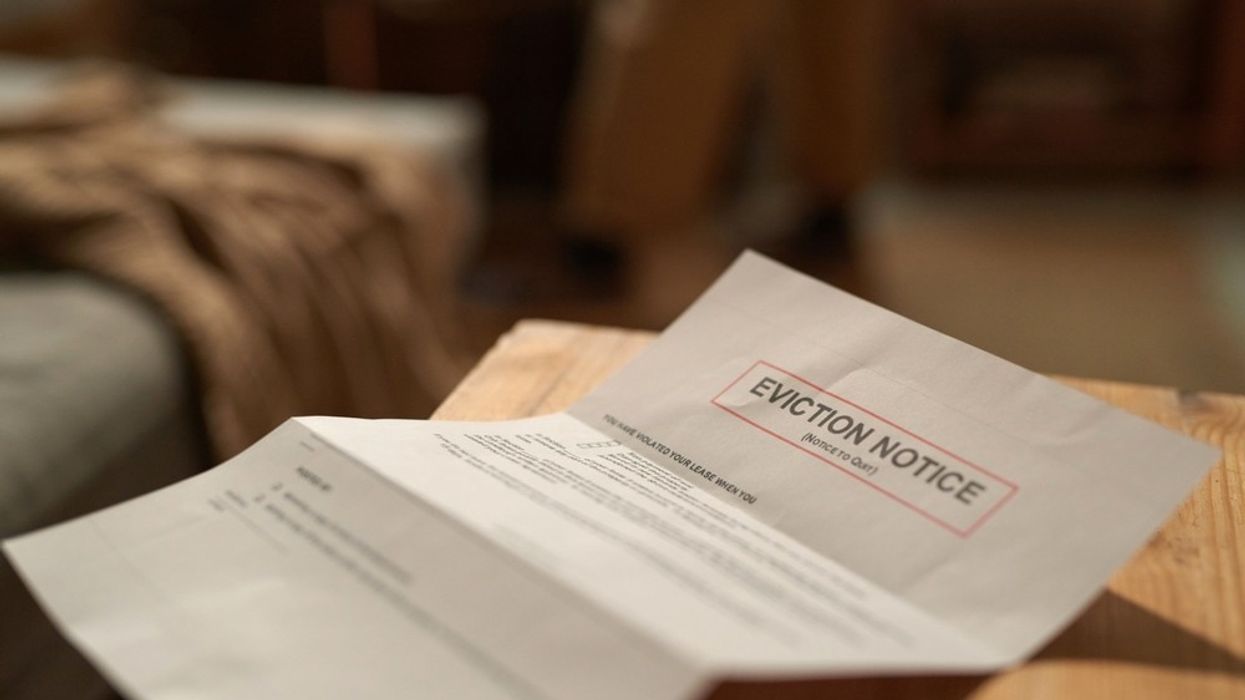Eviction
Understand eviction in Canadian real estate—when it’s allowed, how the legal process works, and what landlords and tenants must do to comply.

May 29, 2025
What is an Eviction?
Eviction is the legal process by which a landlord removes a tenant from a rental property for violating lease terms or provincial tenancy laws.
Why Evictions Matter in Real Estate
In Canadian real estate, eviction rules are governed by provincial laws such as the Residential Tenancies Act (Ontario) or equivalent legislation.
Common legal reasons for eviction include:
- Non-payment of rent
- Property damage or illegal activity
- Owner move-in or sale of the property
Landlords must follow formal procedures, including issuing notice, filing with a landlord-tenant board, and potentially attending a hearing. Illegal evictions—such as changing locks without notice—are prohibited.
Understanding eviction helps landlords act legally and helps tenants know their rights and recourse.
Example of an Eviction
After months of missed rent, a landlord files for eviction through the Landlord and Tenant Board and receives an order to vacate the unit.
Key Takeaways
- Legal process for removing tenants.
- Must follow provincial tenancy laws.
- Requires notice and possible hearings.
- Grounds include non-payment or misuse.
- Tenants have rights and protections.
Related Terms
- Lease Agreement
- Tenant Rights
- Landlord Responsibilities
- Residential Tenancies Act
- Default Judgment

 Renderings of the 65-storey tower previously proposed for 145 Wellington Street West. (Partisans with Turner Fleischer / SKYGRiD)
Renderings of the 65-storey tower previously proposed for 145 Wellington Street West. (Partisans with Turner Fleischer / SKYGRiD)







 205 Queen Street, Brampton/Hazelview
205 Queen Street, Brampton/Hazelview
 Christine Boyle and Gregor Robertson. (Government of British Columbia)
Christine Boyle and Gregor Robertson. (Government of British Columbia)

 CREA
CREA
 Liam Gill is a lawyer and tech entrepreneur who consults with Torontonians looking to convert under-densified properties. (More Neighbours Toronto)
Liam Gill is a lawyer and tech entrepreneur who consults with Torontonians looking to convert under-densified properties. (More Neighbours Toronto)